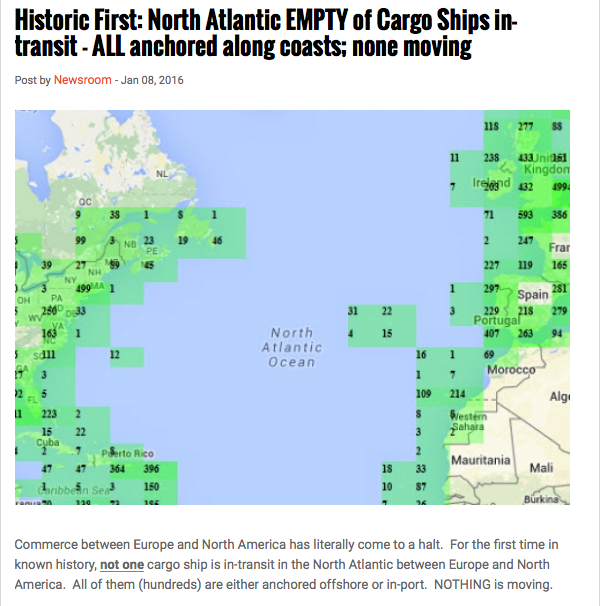Online anonymity is important. In fact it’s the difference between life and death for many political dissidents around the world. Recognizing this many developers have put their efforts into developing effective anonymity tools such as Tor and I2P. But what makes an anonymity tool effective? An effective anonymity tool is one designed in such a way where a third party cannot utilize the tool itself to discover the identity of a user (no tool, however, can be designed in such a way to stop a user from voluntarily revealing identifiable information about themselves).
One of the downsides of the current slew of popular anonymity tools is they tend to be slower than tools that don’t attempt to maintain anonymity. Accessing a website over Tor usually takes longer than accessing that same site over the regular Internet. David Chaum, a well-known and previously (I’ll get to that in a second) well-respected cryptographer is promising a new “anonymity” tool that doesn’t suffer from the performance issues of popular tools such as Tor:
With PrivaTegrity, Chaum is introducing a new kind of mix network he calls cMix, designed to be far more efficient than the layered encryption scheme he created decades ago. In his cMix setup, a smartphone communicates with PrivaTegrity’s nine servers when the app is installed to establish a series of keys that it shares with each server. When the phone sends a message, it encrypts the message’s data by multiplying it by that series of unique keys. Then the message is passed around all nine servers, with each one dividing out its secret key and multiplying the data with a random number. On a second pass through the nine servers, the message is put into a batch with other messages, and each server shuffles the batch’s order using a randomized pattern only that server knows, then multiplies the messages with another random number. Finally, the process is reversed, and as the message passes through the servers one last time, all of those random numbers are divided out and replaced with keys unique to the message’s intended recipient, who can then decrypt and read it.
Sounds good, doesn’t it? Chaum even claims PrivaTegrity is more secure than Tor. But as it turns out this “anonymity” tool isn’t effective because it allows third parties to unveil the identity of users:
On top of those security and efficiency tricks, PrivaTegrity’s nine-server architecture—with a tenth that works as a kind of “manager” without access to any secret keys—also makes possible its unique backdoor decryption feature. No single server, or even eight of the nine servers working together, can trace or decrypt a message. But when all nine cooperate, they can combine their data to reconstruct a message’s entire path and divide out the random numbers they used to encrypt it. “It’s like a backdoor with nine different padlocks on it,” Chaum says.
[…]
“It’s like the UN,” says Chaum. “I don’t think a single jurisdiction should be able to covertly surveil the planet…In this system, there’s an agreement on the rules, and then we can enforce them.”
One Key to rule them all, One Key to find them, One Key to bring them all and in the darkness spy on them.
You know who else had an agreement on the rules? The Nazis! Put down the Godwin brand pitchforks, that was purposeful hyperbole. My point is agreement on the rules is meaningless fluff just as his claim that no single jurisdiction should be able to surveil the planet. By implementing a backdoor he has made his network a single jurisdiction capable of surveilling everybody who uses it. His network is also the rule maker. The only reason I would shy away from calling PrivaTegrity a government is because it still outsources enforcement to the State by handing over identifiable information of users deemed guilty by the Nazgûl. PrivaTegrity isn’t about protecting the identity of every user, it’s about protecting the identity of favored users.
This backdoor capability also means PrivaTegrity is less secure than Tor since Tor doesn’t have a built-in method to reveal the identity of users. Every major government in the world will try to compromise PrivaTegrity if it every comes into wide usage. And due to the existence of a backdoor those efforts will bear fruit. Whether compromising the servers themselves, buying off the administrators of the servers, or by other means it will only be a matter of time until governments find a way to utilize the built-in backdoor for their own purposes. That is why the mere existence of a backdoor renders an anonymity tool ineffective.
The only upside to PrivaTegrity is that the existence of a backdoor almost guarantees nobody will adopt it and therefore when it’s compromised nobody will be put in danger.
